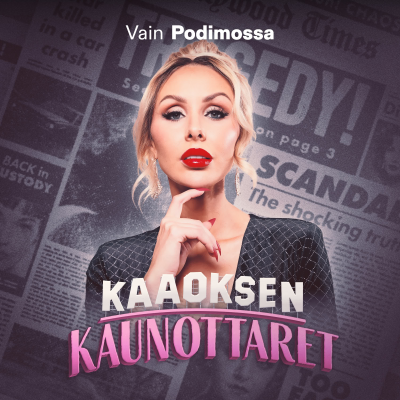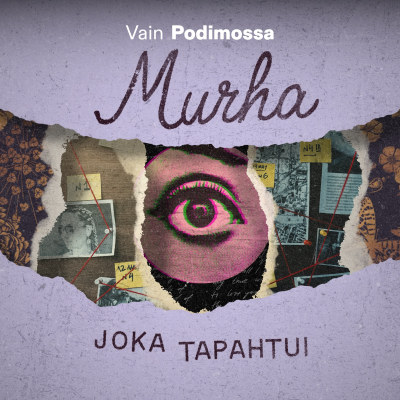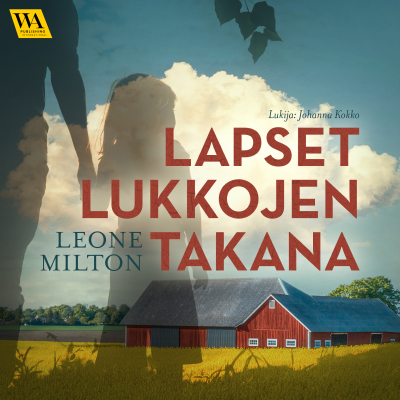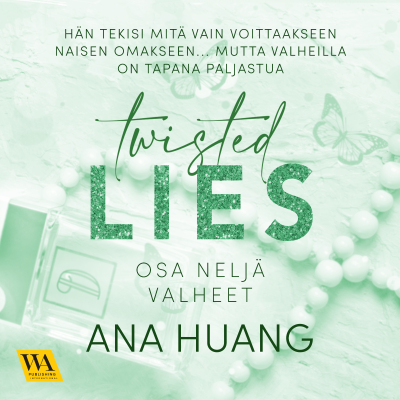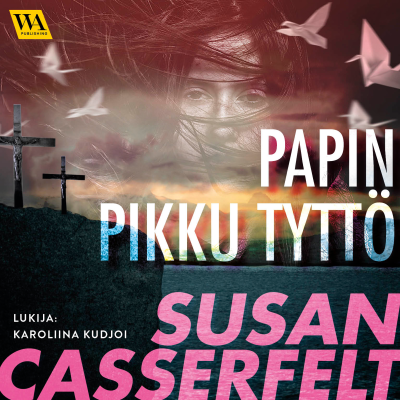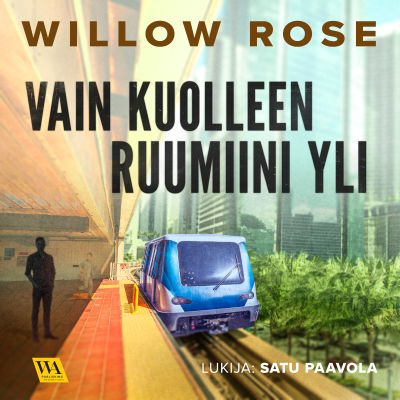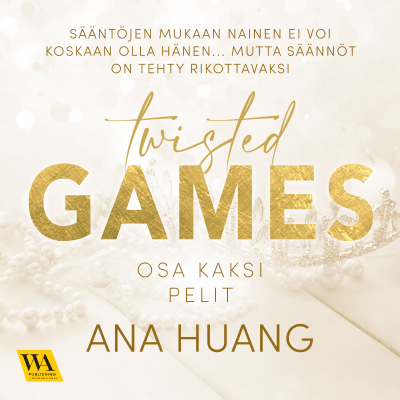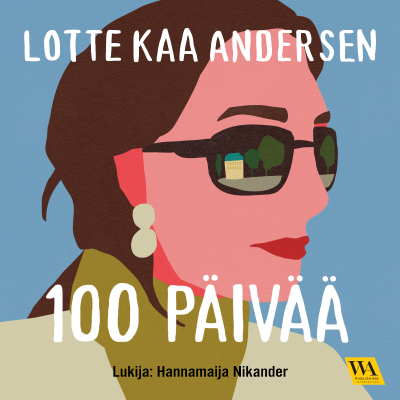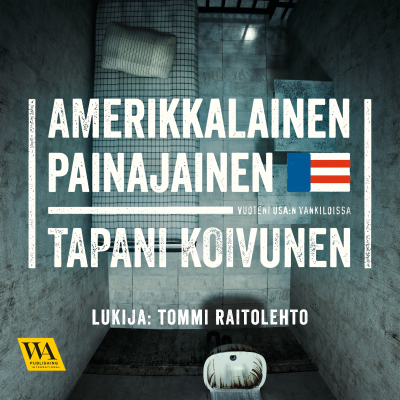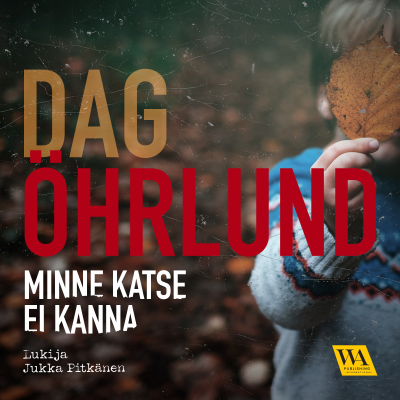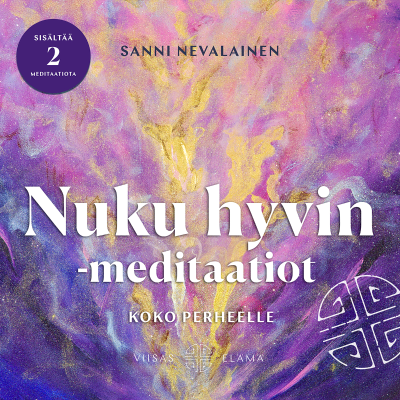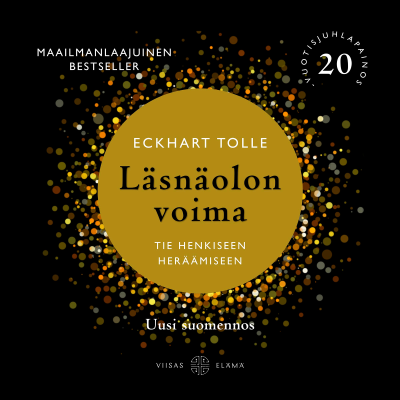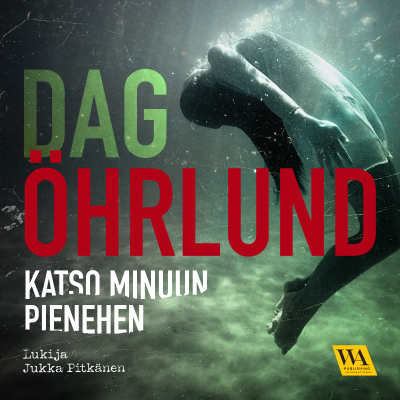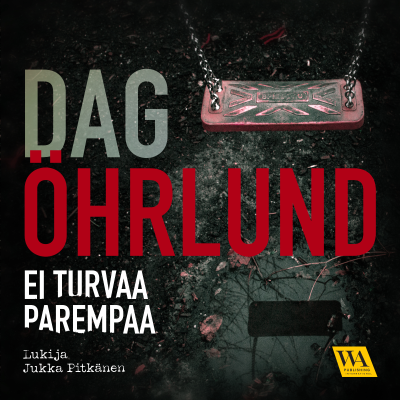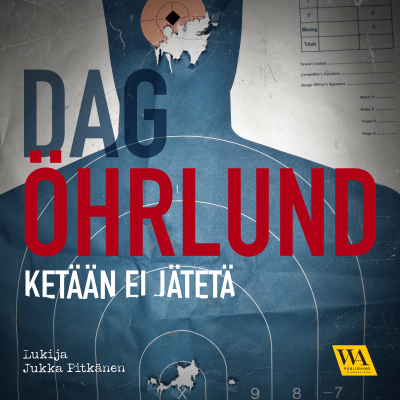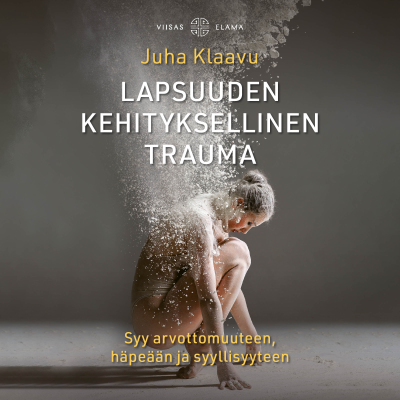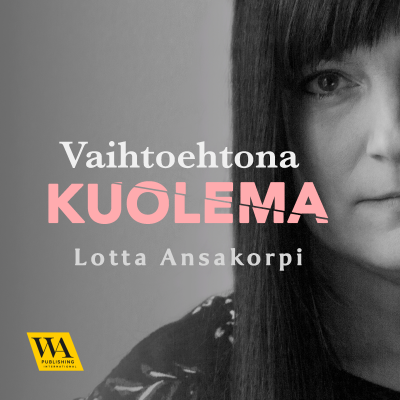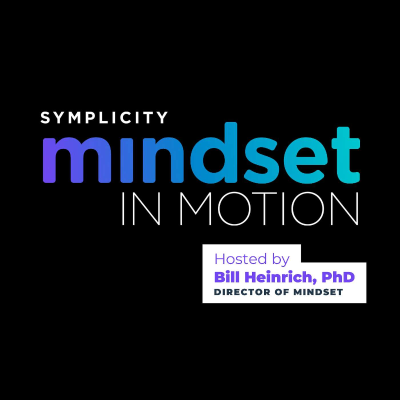
Mindset in Motion (MIM)
englanti
Teknologia & tieteet
Rajoitettu tarjous
1 kuukausi hintaan 1 €
Sitten 7,99 € / kuukausiPeru milloin tahansa.
- Podimon podcastit
- Lataa offline-käyttöön
Lisää Mindset in Motion (MIM)
Mindset in Motion (MIM) is a podcast made for university and college educators, career counselors, and leaders invested in supporting students and recent graduates with the tools and resources to thrive in their hopeful careers. Tune in to hear about the groundbreaking research, insights, and stories shaping experiential learning delivery excellence - all on one platform. MIM is brought to you by Symplicity's Mindset and hosted and produced by Director of Mindset, Bill Heinrich. Symplicity is a two-decade-long leader in technological innovation and deployment supporting higher education partners to deliver on the promise of student career readiness. Mindset connects big ideas to repeatable educational practices, guiding informed decision making, and learning experiences that support student success.
Kaikki jaksot
89 jaksotMentored Research Experiences and Their Impact on Black Students in STEM with Dr. Kawana Johnson
Mentoring is a combination of collaboration in your org with empathetic interaction that help socialize leaners to your field and organization. Not all scientists know how they became good at their fields, so they may not know how to help a student in their early career. Balancing structure and autonomy for mentors is a key feature of the mentoring program. Alignment with high impact practices keeps this program accountable to teaching standards Dr. Kawana Johnson serves as the Mentoring Director at the National High Magnetic Field Laboratory (MagLab) at Florida State University, where she holds a Research Faculty appointment. In this capacity, Dr. Johnson brings extensive expertise in the development, implementation, and oversight of mentoring programs and initiatives. She also brings extensive knowledge in program design and management, with a particular emphasis on experiential learning and its role in career and workforce development. Dr. Johnson earned her Doctor of Philosophy in Curriculum and Instruction, with a specialization in Career and Workforce Education, from the University of South Florida.
Access and Quality for Underserved Students in High Impact Practices with Dr. Kevin Wenger
Kevin Wenger is a recent graduate from the Higher Education program at Indiana University and was a Project Associate for the National Survey of Student Engagement. In this article he explores first-year students’ experiences with high-impact practices, stemming from his doctoral dissertation which focused on the first-year experience as a foundation for student success. LinkedIn: https://www.linkedin.com/in/kevin-wenger-67819860/ [https://www.linkedin.com/in/kevin-wenger-67819860/] Mentions Alsarhan, A. (2024). High-Impact Practices: Evaluating Impact on Adult Learners’ Retention. Experiential Learning and Teaching in Higher Education, 7(4 - December). https://doi.org/10.46787/elthe.v7i4 [https://doi.org/10.46787/elthe.v7i4] - December.4059 https://journals.calstate.edu/elthe/article/view/4059 [https://journals.calstate.edu/elthe/article/view/4059]
More IS Better: Experiential Learning Increases the Odds of Graduation at Middle Tennessee State University
The authors talk about their study where they find that when students take more than one experiential learning courses, their odds of graduation increase! Dr. Anita Carol Swayze is the Director of Experiential Learning and a faculty member in the Experiential Learning (EXL) Scholars Program at MTSU. She has served more than thirty years in higher education as both administrator and educator developing and sharing best practices for incorporating experiential learning into the academic curriculum. Dr. Jim Rost is the lead faculty member for the Ed.D. in Assessment, Learning, and Student Success Higher Education concentration at MTSU. His areas of research include doctoral student self-efficacy towards program completion, online andragogy and quantitative research methods. Dr. Janet McCormick is Professor of Communication and Director of the Master of Arts in Liberal Arts (MALA) program at Middle Tennessee State University. Since 1987, she has engaged students worldwide through award-winning, experiential teaching practices—both online and on-ground—and is widely recognized for her contributions to faculty mentoring, curriculum innovation, and the advancement of experiential learning in higher education. Read the article: https://journals.calstate.edu/elthe/article/view/3561 Rost, J., Swayze, A. C., & Janet McCormick. (2023). Increased Graduation Rates in Students Who Take One or More Experiential Learning Classes during Their Undergraduate Program of Study. Experiential Learning and Teaching in Higher Education, 6(2 - September). https://doi.org/10.46787/elthe.v6i2.3561 [https://doi.org/10.46787/elthe.v6i2.3561] Show Notes The Assessment institute (Annual Conference) https://assessmentinstitute.indianapolis.iu.edu/index.html [https://assessmentinstitute.indianapolis.iu.edu/index.html] This paper follows a previous publication: https://journals.calstate.edu/elthe/article/view/3561
Finding Skills in your Degrees with Marianna Savoca and Melanie Booth
(This episode was recorded in front of a live Zoom audience on Nov. 5th, 2025! Enjoy the recording!) From the rise of alternative credentials and AI integration to evolving career preparation strategies, this interactive discussion unpacks the trends that are redefining what it means to teach, learn, and succeed in today's educational landscape. Dr. Marianna Savoca, the Associate Vice President for Career Readiness and Experiential Education at Stony Brook University Dr. Melanie Booth, the Principal at Nectary Solutions and a consultant with the HLC Credential Lab where she’s running the new Innovation Center Design Camp, one of many initiatives in her portfolio
Top Down or Grassroots? How to grow Experiential Learning on your Campus?
Grow your EL from the faculty and other educators Secure top-down support, make it a both/and process Focus on student access and equity Build connections and maintain strong networks and relationships Tell good stories! Let feedback among networks drive toward an ecosystem of Experiential Learning Emily Carpenter is the Associate Vice President for Experiential Impact at Nazareth University. In this role, she oversees the Center for Life’s Work (which includes career design, academic internships, community engagement, and international education/study abroad offices), and the Office of Research, Scholarship & Innovation. Prior to launching the Center for Life’s Work, she led Nazareth’s internship program and was an assistant professor in the School of Management. She has a doctorate from Northeastern University where her research was focused on rural college student career development. Mike Stefancic, M.Ed. is Director of Academic Success in Boise State University’s School of Public Service, leading efforts to integrate advising, experiential and career learning across student degrees. With over a decade in service-learning, faculty development, and partnerships, he has facilitated workshops on reflection, course design, community engagement, and risk management. Formerly an environmental educator nationwide, he continues to consult on experiential program design for higher education. Recognized for civic engagement and volunteerism at the university and state levels, Mike is committed to bridging academia and experiential learning to prepare students for impactful public service careers.
Valitse tilauksesi
Rajoitettu tarjous
Premium
Podimon podcastit
Lataa offline-käyttöön
Peru milloin tahansa
1 kuukausi hintaan 1 €
Sitten 7,99 € / kuukausi
Premium
20 tuntia äänikirjoja
Podimon podcastit
Lataa offline-käyttöön
Peru milloin tahansa
30 vrk ilmainen kokeilu
Sitten 9,99 € / month
Premium
100 tuntia äänikirjoja
Podimon podcastit
Lataa offline-käyttöön
Peru milloin tahansa
30 vrk ilmainen kokeilu
Sitten 19,99 € / month
1 kuukausi hintaan 1 €. Sitten 7,99 € / kuukausi. Peru milloin tahansa.


